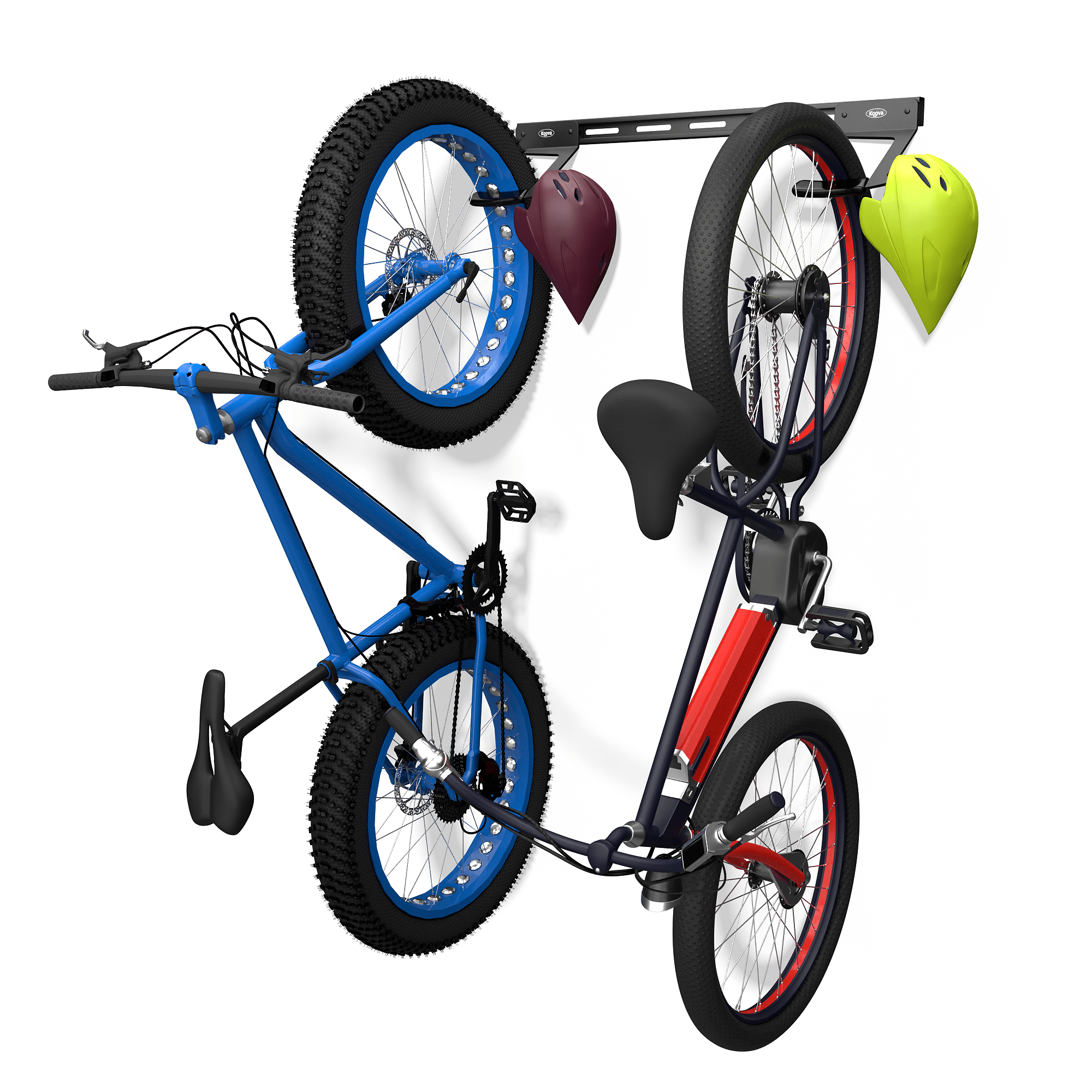Have you ever felt overwhelmed by the sight of clutter in your living space? Many of us have experienced the negative effects of a disorganized environment on our mental well-being. The state of our surroundings can have a significant impact on our psychological state, influencing our mood, productivity, and even our relationships. Let's delve into the psychology of clutter and organization to understand why tidying up and creating extra storage shelves can do more than just improve aesthetics.
The Impact of Clutter on the Mind
Research in psychology has shown that clutter can have various detrimental effects on our cognitive processes. When surrounded by chaos, our brains tend to feel overwhelmed, leading to increased stress and anxiety levels. Constant exposure to clutter can also contribute to feelings of guilt, shame, and incompetence. In contrast, a well-organized space can promote a sense of calm and clarity, allowing for better focus and productivity.
Understanding the Hoarding Tendency
For some individuals, the urge to hold on to possessions goes beyond mere sentimentality and crosses into the realm of hoarding behavior. Hoarding disorder is a complex psychological condition characterized by the excessive accumulation of items, regardless of their value. People struggling with hoarding often face difficulties in parting with objects due to emotional attachments or perceived future utility.
The Clutter-Stress Connection
Clutter has been linked to higher stress levels in individuals. A cluttered environment can make it challenging to relax and unwind, as visual distractions constantly draw our attention away from the present moment. By decluttering and organizing our living spaces, we create a calming atmosphere that promotes a sense of tranquility and reduces stress.
The Benefits of Decluttering
Embarking on a decluttering journey can bring about numerous benefits for both our mental and physical well-being. Not only does decluttering free up physical space, but it also declutters the mind, fostering a sense of mental clarity and focus. By letting go of items we no longer need, we can create an environment that nurtures positivity and creativity.
Creating Functional Storage Solutions
One effective way to combat clutter and organize your space is by investing in functional storage solutions such as extra storage shelves. These versatile shelves can help maximize your storage space and keep your belongings neatly organized. Whether you need to store books, clothes, or decorative items, having ample storage shelves can make a significant difference in maintaining a clutter-free environment.
The KonMari Method and Minimalism
Popularized by Marie Kondo, the KonMari method emphasizes the importance of decluttering by category and keeping only items that spark joy. This mindful approach to organizing encourages individuals to cultivate a more minimalist lifestyle, focusing on quality over quantity. Embracing minimalism can lead to a sense of liberation and contentment as we let go of excess possessions and prioritize what truly matters to us.
The Psychological Rewards of Organization
Organizing our living spaces is not merely a physical task but also a psychological process. When we take the time to tidy up and create extra storage shelves, we are engaging in self-care and nurturing our mental well-being. The act of organizing can instill a sense of accomplishment and empowerment, boosting our confidence and self-esteem.
Overcoming Procrastination and Overwhelm
One of the main barriers to decluttering and organization is the feeling of overwhelm that arises when faced with a mountain of possessions to sort through. To overcome this hurdle, it can be helpful to break the decluttering process into smaller, manageable tasks. By setting realistic goals and taking it one step at a time, you can gradually transform your space into a harmonious sanctuary of order and serenity.
The Emotional Attachment to Objects
Our emotional attachment to objects often stems from memories, nostalgia, or a sense of identity tied to them. While sentimentality is a valid reason to hold on to certain items, it's essential to discern between meaningful keepsakes and unnecessary clutter. By curating our possessions and surrounding ourselves only with objects that truly resonate with us, we can create a space that reflects our values and personal narrative.
Cultivating a Clutter-Free Mindset
Shifting towards a clutter-free mindset involves adopting new habits and routines that prioritize organization and simplicity. Regularly decluttering, incorporating extra storage shelves into your space, and practicing mindfulness can help maintain a sense of order and clarity. By embracing a minimalist approach to living, you can cultivate a more peaceful and balanced lifestyle.
The Art of Letting Go
Letting go of clutter is not just about freeing up physical space; it's also about releasing emotional baggage and creating room for new experiences and opportunities. When we declutter our living spaces, we create room for growth and transformation, letting go of the past to make space for a brighter future. Embrace the art of letting go, and watch as your surroundings and your mind become infused with newfound lightness and positivity.
Embracing the Power of Organization
Organization is not merely about having a tidy space; it's a reflection of our inner state of being. By understanding the psychology of clutter and organization, we can harness the transformative power of decluttering to enhance our overall well-being. Take the first step towards a more organized and clutter-free life today, and experience the profound impact that a harmonious living environment can have on your mind, body, and spirit.


